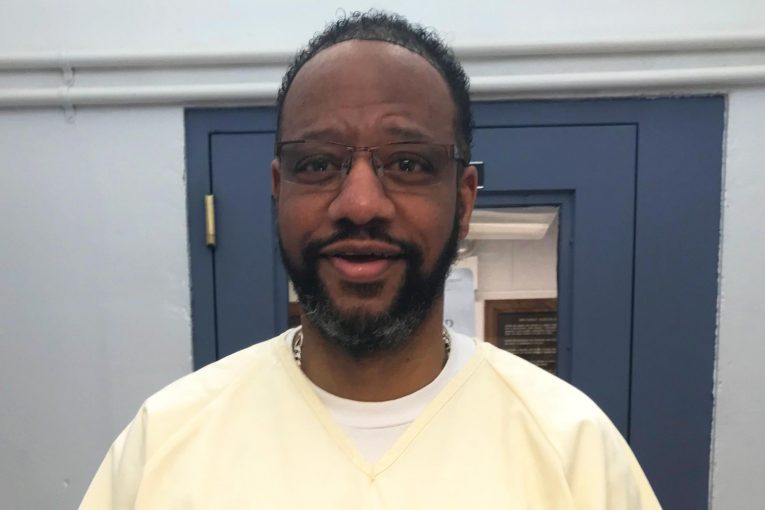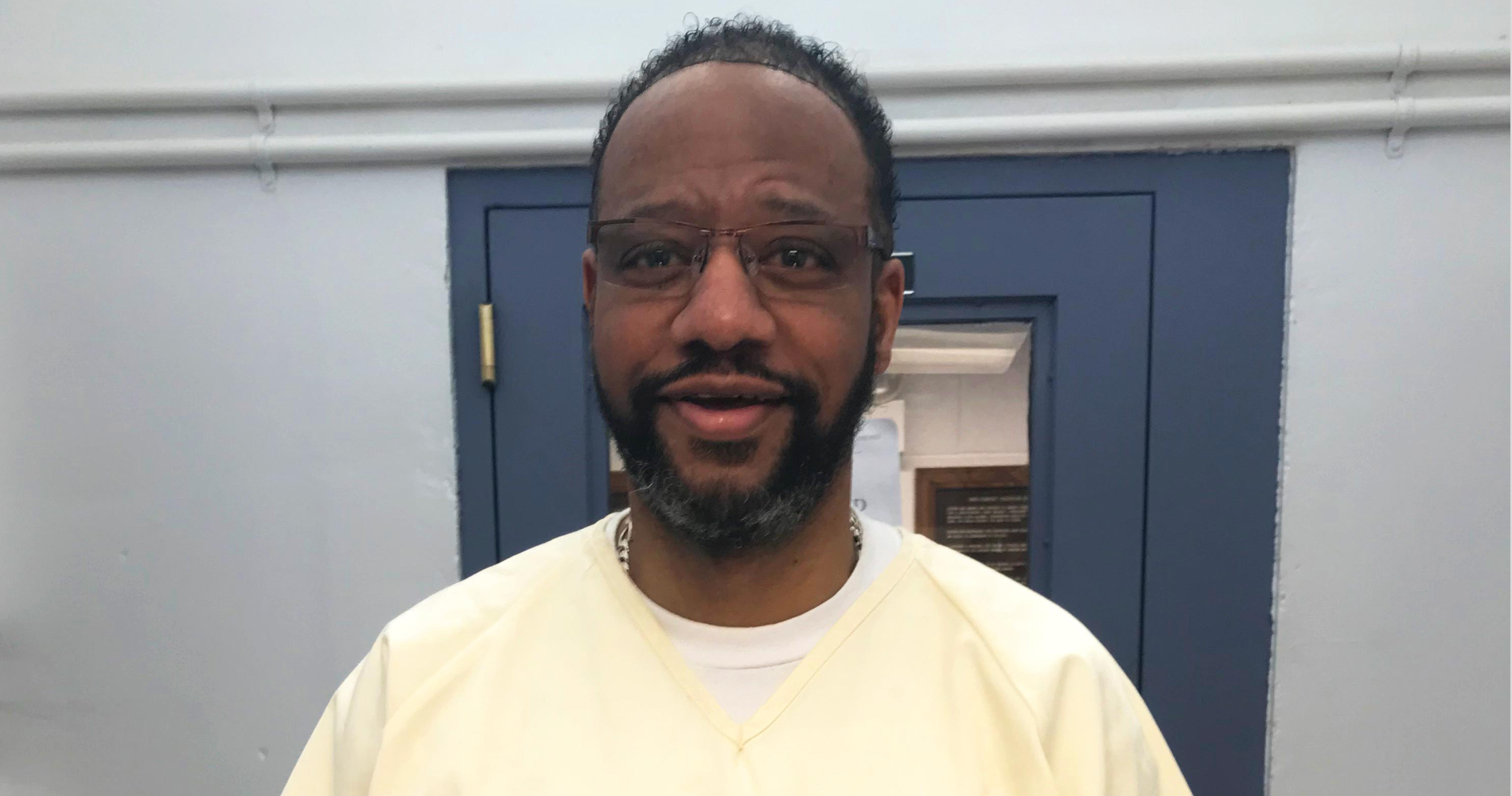

By Angelina Caplanis
TENNESSEE – DNA testing of 30-year-old evidence, including the murder weapon, may exonerate Pervis Payne months before his execution date on December 3, 2020.
Payne—an intellectually-disabled Black man with no prior criminal history—has maintained his innocence for more than 30 years.
In a filing on Thursday from the Innocence Project and the Federal Public Defender for Tennessee, attorneys for Payne argued that, given the lack of evidence and motive connecting Payne to the crime, “the State tapped into racial tropes,” ignored other suspects, and may have hid evidence to convict Payne.
Payne was 2o years old when he was convicted of murder in 1988 for the stabbing of a white woman, her two-year old daughter, and her four-year old son who survived the assault. Payne unknowingly walked in on the gruesome scene after hearing calls for help.
Payne attempted to help the woman, transferring blood onto his clothing in the process. When police arrived, he feared he would be blamed, so he fled. “His fears quickly came to fruition.”
“Police zeroed in on Mr. Payne immediately and never investigated any other suspects,” Vanessa Potkin, an attorney with the Innocence Project, said.
There are at least three other suspects, including the victim’s abusive ex-husband. Additionally, witnesses saw a man with blood on his shirt running from the crime scene moments before Payne  entered.
entered.
Now, DNA testing of items like the victim’s bloodstained clothing, a knife (the murder weapon), fingernail scrapings, and other bloodstained items found at the scene could show proof of a third suspect.
“The presence of DNA belonging to someone other than Mr. Payne would support the consistent story he has told for more than 30 years: he was an innocent bystander who came upon the crime scene,” Potkin said.
Payne’s attorneys also point to new evidence that was only just turned over to the defense team in December 2019. This includes a bloodstained comforter, sheets, and a pillow from the bedroom of the apartment.
Shelby County District Attorney Amy Weirich is opposing Payne’s petition, and claims the “bedroom” evidence was given to his attorneys by “mistake.”
“There is no new evidence and they are merely trying to delay his scheduled execution,” Weirich commented on July 30. “The property room made a mistake. These items have nothing to do with Pervis Payne and should not have been shown [to his attorneys].”
However, this explanation raises more questions than answers.
“If they want to say it came from another crime scene, why do they wait seven months to tell us that?” Federal Public Defender Kelly Henry said. (The delay may have something to do with recent national coverage on Payne’s case by The Appeal, NY Times, and Washington Post.)
As for Payne’s request to test the other evidence—like the knife and the victim’s clothing—Weirich stated that DNA testing would not show evidence of a third person. He added, “Even if it did, so what?
“Let’s assume for the sake of the argument that the DNA testing would come back and it would have somebody else’s DNA on it, right,” said Weirich. “So what? The state was still going to prosecute Mr. Payne because the evidence of his guilt was so overwhelming and because someone else’s DNA on a piece of clothing doesn’t mean anything.”
This position is “simply wrong,” according to the defense team.
According to Henry, the State’s case was not overwhelming but circumstantial.
“The District Attorney’s stance that DNA testing is not relevant is indefensible. If someone else’s DNA is on the never-tested evidence, it could clear Mr. Payne and identify the actual perpetrator,” said Henry.
Notwithstanding the lack of physical evidence linking Payne to the crime, Payne also lacked a motive for the crime. To compensate for this, “on the eve of trial [the State] concocted a theory that Mr. Payne was high from drug use and looking for sex when he entered the [victim’s] apartment,” his attorneys wrote.
Not only was this explanation false, the defense team points out Payne has no prior criminal history nor a history of serious drug use—it’s based on racist myths about Black male sexuality.
The Innocence Project states that the “prosecution employed racial stereotypes to portray Payne, a Black man, as a hypersexual and violent drug user, who attacked a white woman” for rejecting his advances.
In a statement to The Appeal, Rolanda said she believes racism played a part in her brother’s case. Payne told Rolanda that while he was being interrogated after his arrest officers told him “you think you black now, wait until we fry you.”
All this, Steven Hale for The Appeal writes, occurred “in a county that holds the record for the most lynchings in the state and is also responsible for nearly 50 percent of the people on its death row.”
Payne’s petitions for post-conviction relief, filed 1992 and 1998, were denied. His attorneys have previously argued that his intellectual disability makes his execution unconstitutional under the 2002 U.S. Supreme Court decision Atkins v. Virginia. Under Atkins, intellectually disabled people cannot be executed because it violates the Eighth Amendment’s prohibition on cruel and unusual punishment.
This argument was denied, but the fact of Payne’s disability contextualizes his actions on the night of the murder.
“He heard a noise and went to help. He was overwhelmed by what he saw. He panicked and ran,” his attorneys wrote. “His actions were that of a scared, intellectually disabled, twenty-year old. There is nothing in Mr. Payne’s background before, or since, that is consistent with the sort of person who would commit such a crime.”
—
The Innocence Project’s petition for Payne can be found here.
To sign up for our new newsletter – Everyday Injustice – https://tinyurl.com/yyultcf9
